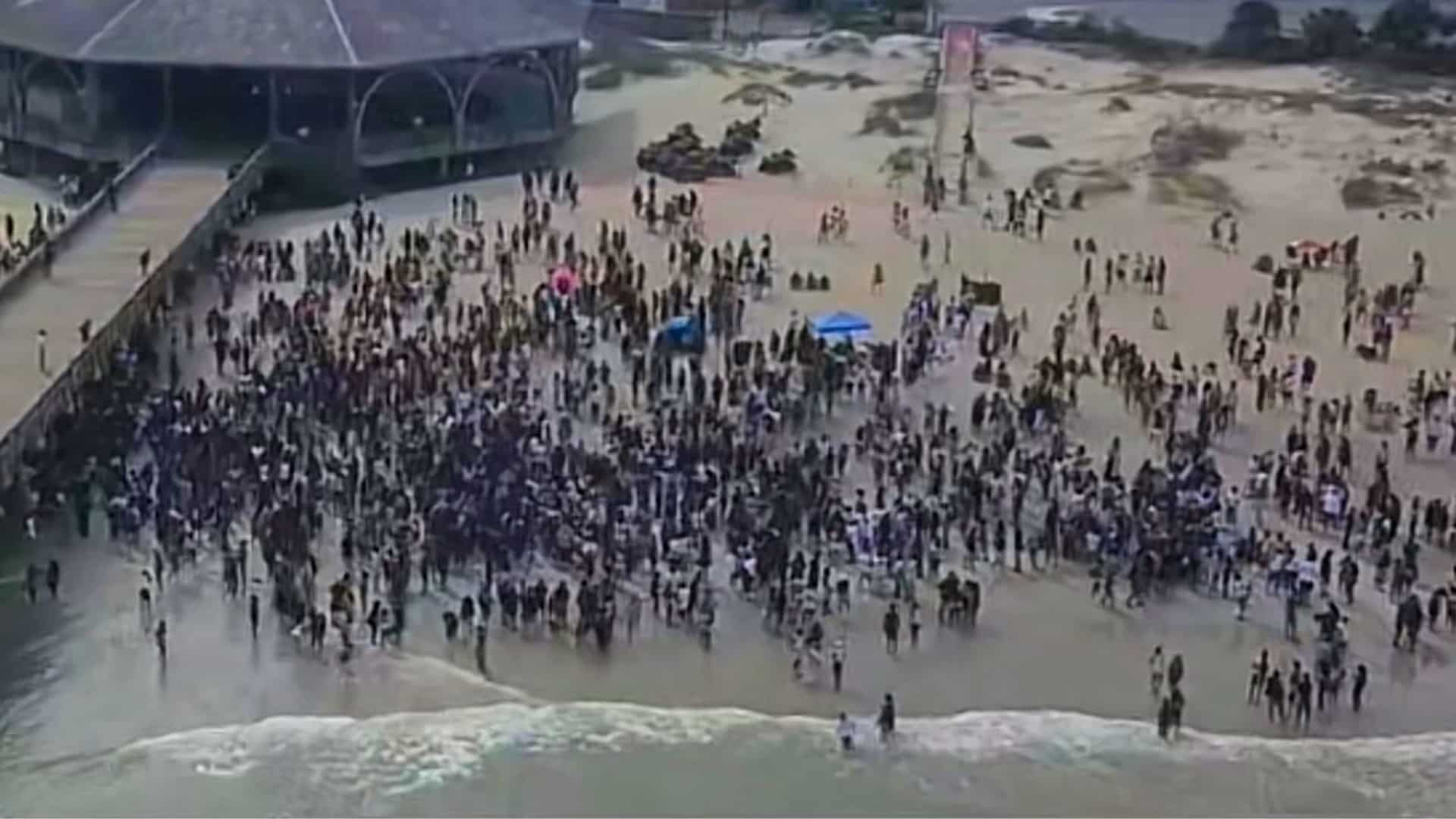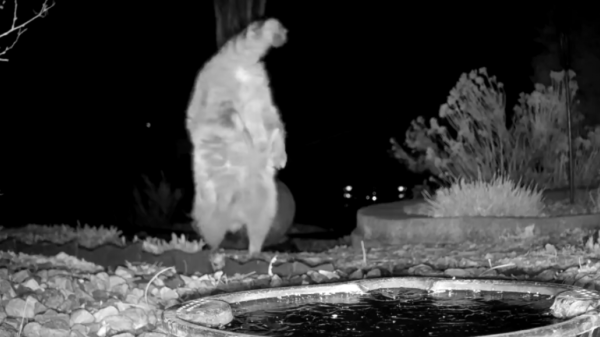Tybee Island’s Orange Crush Festival Chaos
The yearly Orange Crush Festival brought hordes of partygoers to Tybee Island, a popular beach resort in Georgia, resulting in chaos and fighting that went viral on social media.
Event Overview
The originally planned celebration for students and alumni of historically Black colleges and universities (HBCUs) devolved into pure chaos throughout the weekend. Tybee Island is now suing unpermitted beach party promoters from the recent Orange Crush Spring Break event, seeking over $200k in damages.
Chaotic Scenes
Viral videos show chaotic scenes on the island’s dock, with many women fighting, ripping off hair extensions, and even losing their tops in the fights. Some watched the fights and recorded them, while others cheered on the battles.
Police Challenges
With a population of around 3,000, Tybee Island’s police department had a hard time dealing with the huge inflow of festival attendees. While the exact number of participants this year remains unconfirmed, last year’s event drew an estimated 40,000 to 55,000 revelers to the three-square-mile island.
History and Criticisms
The Orange Crush Festival was first held in Jacksonville, Florida in the late 1980s before moving to Tybee Island. Originally planned as a celebration of HBCU culture, the festival has drawn criticism for incidents of criminal activity and disorderly conduct.
Shout out to the black American (descendants of USA chattel slavery) Gen-Z/millennials HBCU spring breakers in low country Georgia via Chatham County Savannah/Lowcountry South Carolina for putting on a great weekend that had NO drama.
Event Evolution
The festival originated as Freaknik, a picnic for HBCU students and alumni in Atlanta. However, Freaknik’s reputation for violence and chaos led to an official ban in 2010. While some compare Orange Crush to the modern-day Freaknik, concerns about public safety and community impact raise questions about the event’s future.
Despite the weekend’s disturbances, Tybee Island Police Chief Tiffany Hayes called the event a “success,” highlighting the support of local stakeholders.















































